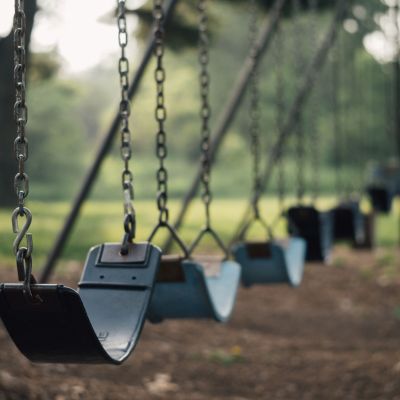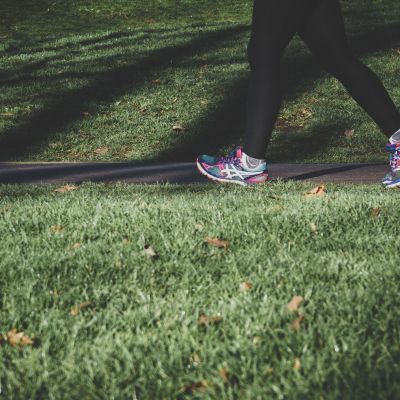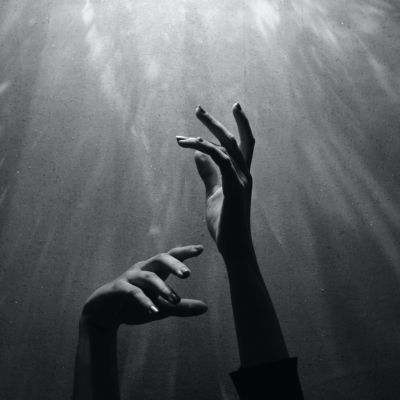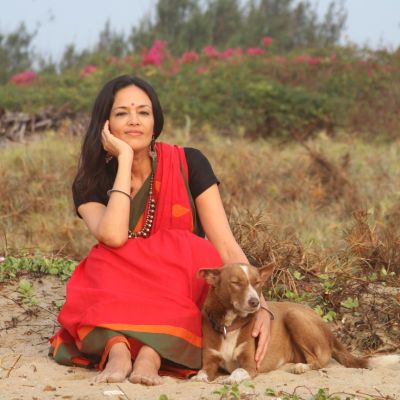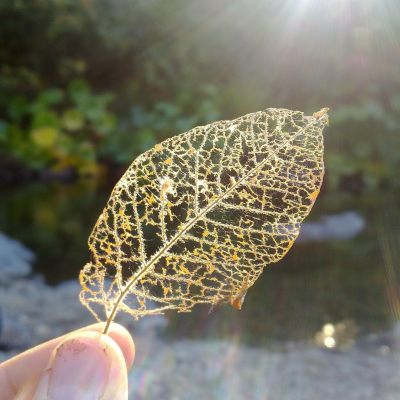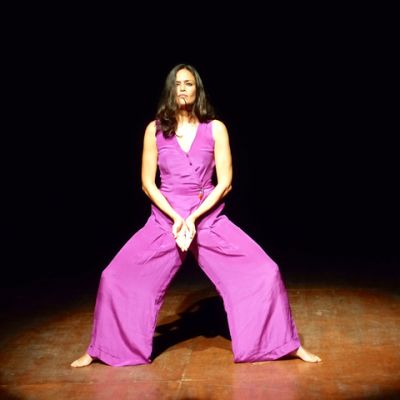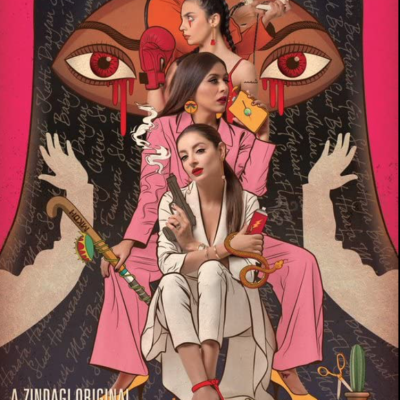movement
Such open spaces to play sports are mainly occupied by men, while women are mostly excluded on account of various gender norms. This also applies to many underprivileged girls coming from the margins of caste and class who lack access to safe and inclusive open public spaces to play, such as public parks or maidans.
From today’s vantage point I see that I missed an opportunity to use PT and sports in school as a way to get to know and move my body. This in turn held me back from viewing myself as a sexual being.
“Something about this pose brought about a sense of owning my body, my persona, my expression, my sensuality, my whole being. The drop of the hip made the bottom vertebrae curve, and appear out of alignment from the rest of my spine. A deviance, defiance of the normal straight stance. A resistance, a revolt of sorts.”
This issue of In Plainspeak while inviting us to embrace the joys and pleasure in movement, also questions the ways in which movements are facilitated or obstructed, visibilised or invisibilised, and the spaces that we must envision to find freedom in/to movement.
Expanding contexts give the word ‘movement’ different meanings and value. Physical, conceptual, technological, relationship, emotional, mental, power, knowledge, ability, access, may be amongst the contexts immediately identified.
I’ve essentially thought of movement as a kind of freedom, but one that has the capacity to destabilise you in some way. My most creative moments are when I’m not moving, when I am in fact rooted and still.
The film has all the makings and trimmings of a commercial thriller – a dynamic story, song and dance, an action-packed climax – and at the same time, it is a cinephile’s film.
Just like on a misty morning,
we both
sit
without a shred of adornment
on these ancient stepwells
and the call of the hummingbirds
offer us sensations,
imagination,
and our innocence
In the video section, watch Tishani Doshi perform one of her most haunting and popular poems ‘Girls Are Coming Out of the Woods’. Using the movements of/in body, music and language, it is a powerful expression of Tishani’s expansive vision of resistance, freedom and solidarity in the face of violence.
The lip colour then enters into a rather queer state of existence as it refuses to stand by the label it is expected to conform to. It moves and escapes categorisation. In its queerness, it renders itself as a paradox. At the heart of paradoxes is the understanding that something is what it is also not. Similarly, the colour of this lipstick is nude, but it is also not. It is possible that it is because of this slippery nature of the paradox that my sexuality as my identity too remains slippery, in motion and fluid.
Their inimitable personalities showcase their varied conceptions of insaaf (justice), enriching and intensifying the plot and, at the same time, reaffirming their solidarity and strengthening their unity.

